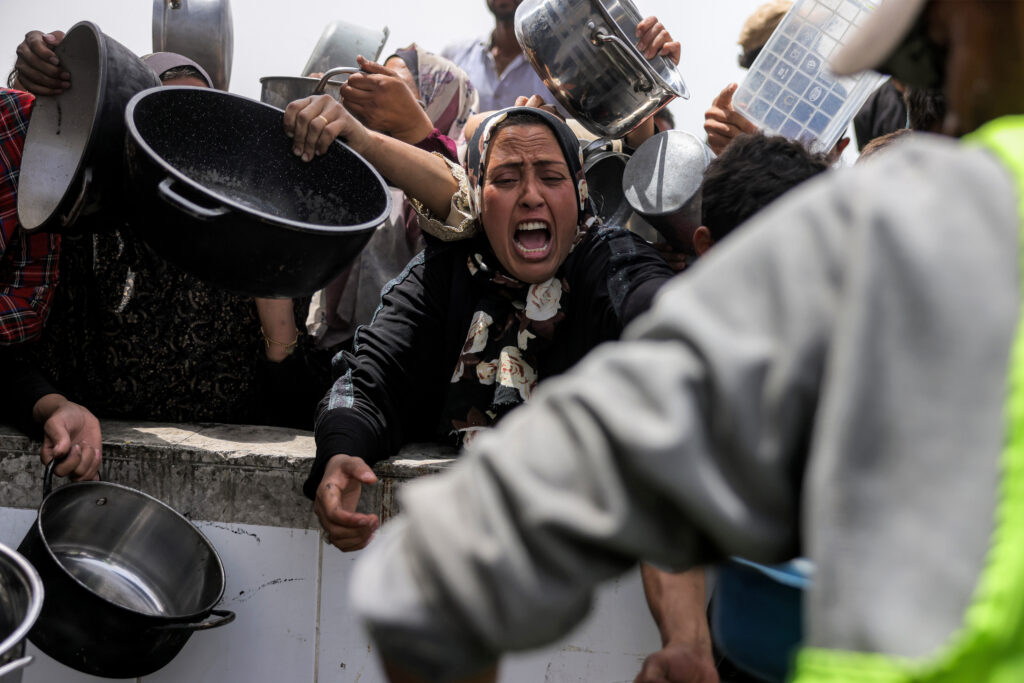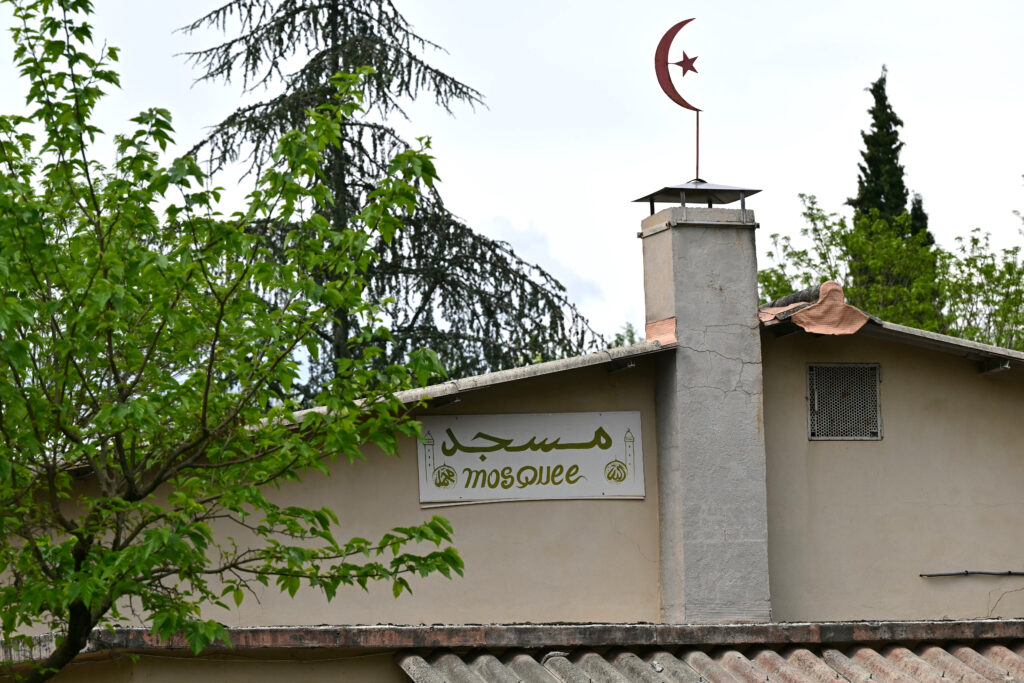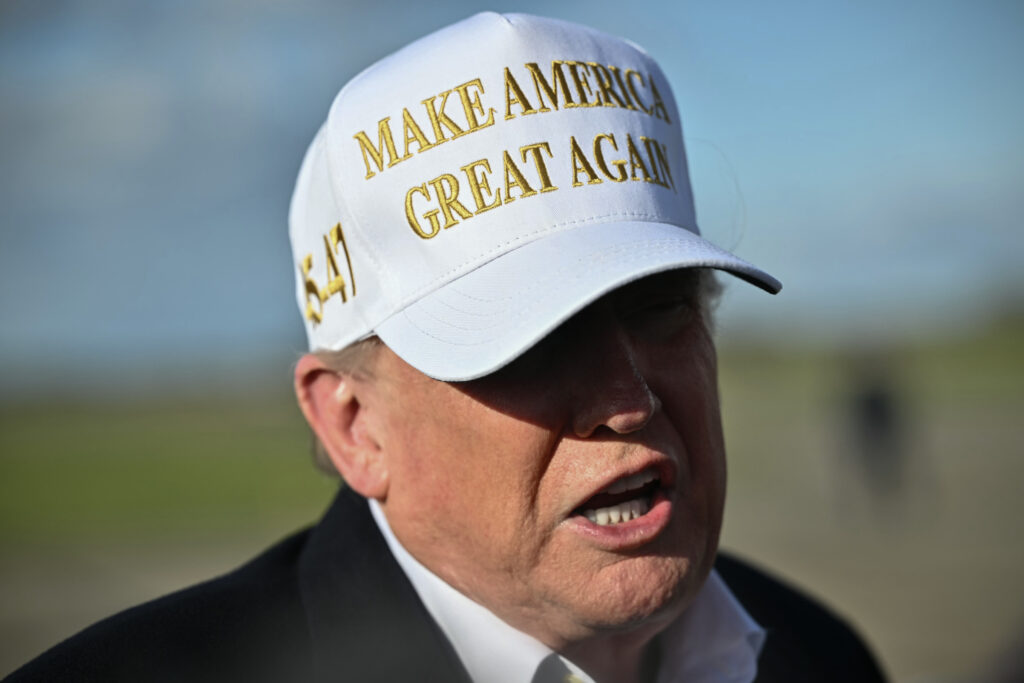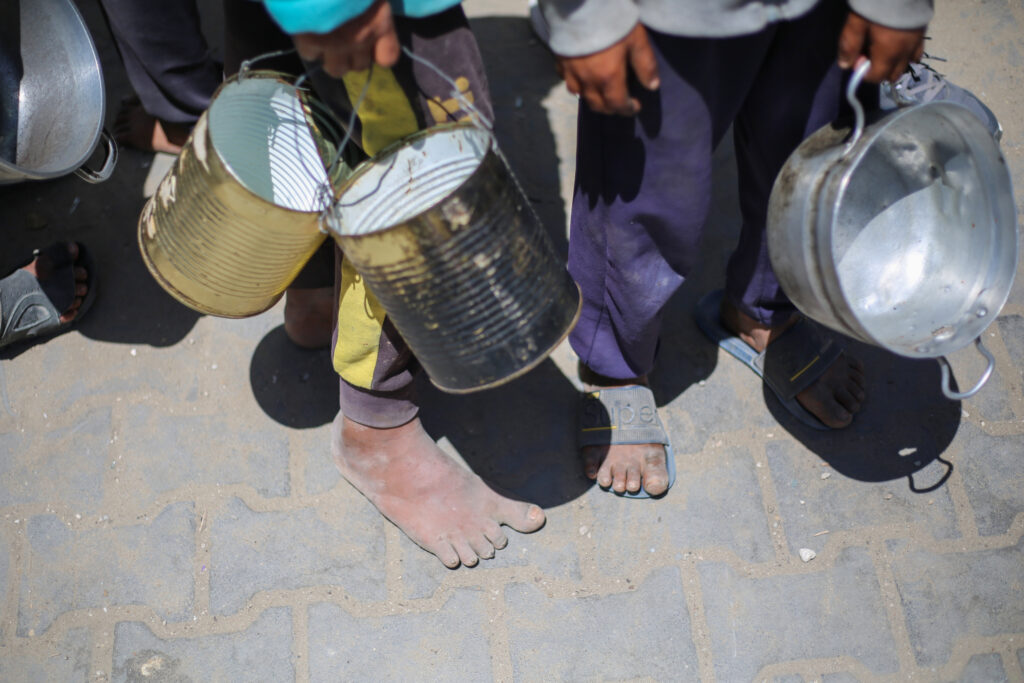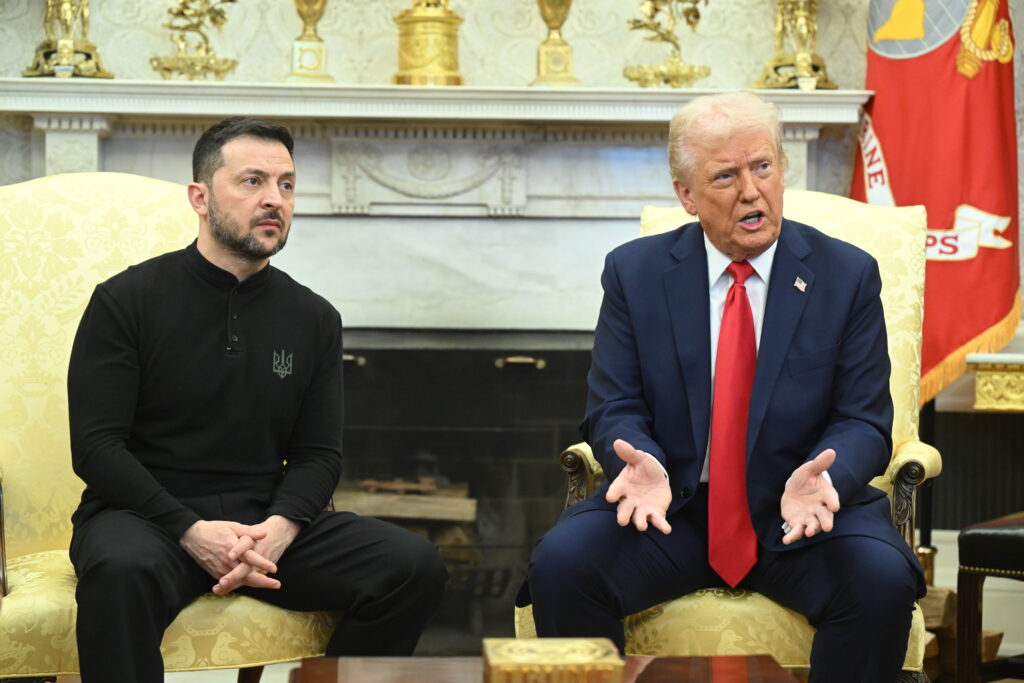Top UN court to open hearings on Israel’s aid obligation to Palestinians
The UN’s top court will on Monday open a week of hearings on Israel’s humanitarian obligations towards Palestinians, more than 50 days into its total blockade on aid entering war-ravaged Gaza.United Nations representatives will start the five days of sittings at the International Court of Justice in The Hague at 10:00 am (0800 GMT), followed by a Palestinian submission.Another 38 countries will then address the 15-judge panel, including the United States, China, France, Russia and Saudi Arabia.The League of Arab States, the Organisation of Islamic Cooperation and the African Union will also make submissions.The UN’s General Assembly approved a resolution in December asking the ICJ for an advisory opinion on the matter “on a priority basis and with the utmost urgency”.The resolution, spearheaded by Norway, was adopted by a large majority.The UN has asked judges to clarify Israel’s legal obligations towards the UN and its agencies, international organisations or third-party states to “ensure and facilitate the unhindered provision of urgently needed supplies essential to the survival of the Palestinian civilian population”.Israel strictly controls all inflows of international aid vital for the 2.4 million Palestinians in the Gaza Strip.It halted aid deliveries to Gaza on March 2, days before the collapse of a ceasefire that had significantly reduced hostilities after 15 months of war.The UN estimates 500,000 Palestinians have been displaced since the two-month ceasefire ended in mid-March.Israel resumed air bombardment on March 18, followed by renewed ground attacks.This has triggered what the UN has described as “likely the worst” humanitarian crisis the occupied Palestinian territory has faced since the war started after the Hamas October 7, 2023, attack.- ‘Broad frustration’ -That attack resulted in the deaths of 1,218 people on the Israeli side, mostly civilians, according to an AFP tally based on official Israeli figures.Israel’s retaliatory military offensive has killed at least 52,243 people in Gaza since October 2023, also mostly civilians, according to the health ministry in the Hamas-run territory.At least 2,111 Palestinians have been killed since March 18.The UN considers the ministry’s figures reliable.The Israeli government says the assault aims to force Hamas to free the remaining captives.Hostages’ relatives have said it could “sacrifice” their loved ones.Although the ICJ’s advisory opinions are not legally binding, the court believes they “carry great legal weight and moral authority”.In July, the ICJ issued an advisory opinion confirming that Israel’s occupation of the Palestinian territories was “unlawful” and must end as soon as possible.”The parties to the conflict have shown little commitment to comply with international law,” said Haris Huremagic, a PhD candidate at the Geneva Graduate Institute.”The request for an advisory opinion reflects broad frustration with the lack of meaningful dialogue to address the dire situation in Gaza,” Huremagic wrote on the Voelkerrechtsblog on international law.Norway’s initiative was triggered by an Israeli law banning the UN agency for Palestinian refugees, UNRWA, from operating on Israeli soil.Israel accused some UNRWA staff of participating in the Hamas attack.Independent investigations say it has not provided evidence for its headline allegation.
